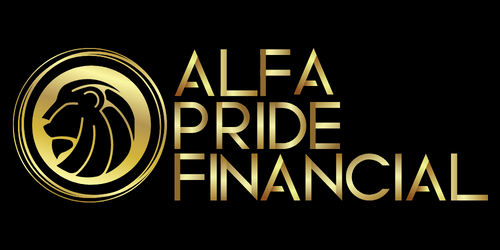Maxing out your 401K plan is a common financial goal for many individuals. The allure of tax-deferred growth and the promise of a comfortable retirement are strong motivators. However, there are several reasons why you should consider not maxing out your 401K plan.
Lack of Liquidity
Contributing the maximum amount to your 401K plan can be an excellent strategy for long-term retirement savings. However, it also ties up a significant portion of your income for decades. In the event of an emergency or unexpected expense, you may not have access to the funds without facing penalties and taxes. If you put too much of your savings into your 401K plan, you may not have enough liquid assets to manage the unexpected costs of life.
Opportunity Costs
Maxing out your 401K plan often means sacrificing other investment opportunities. While a 401K plan can be a great way to save for retirement, there are other investment options that may provide higher returns in the short term. For example, if you have high-interest debt, it may be more beneficial to pay off that debt before contributing to your 401K plan. Alternatively, investing in stocks or real estate may provide better returns than a 401K plan.
Uncertainty around Taxes
While a 401K plan offers tax-deferred growth, it's uncertain what tax rates will be when you retire. If tax rates increase, you could end up paying more in taxes on your 401K plan withdrawals than you would have if you had invested in a taxable account. Alternatively, if tax rates decrease, you may have missed out on potential tax savings by maxing out your 401K plan.
Limited Investment Options
Most 401K plans have a limited number of investment options, typically consisting of mutual funds and other passive investment vehicles. This lack of flexibility can limit your ability to diversify your investments and manage risk effectively. Additionally, fees associated with 401K plans can eat into your investment returns over time, reducing the overall value of your retirement savings.
Retirement Age Uncertainty
Many individuals assume that they will retire at a certain age and begin withdrawing from their 401K plan at that time. However, life is unpredictable, and you may end up retiring earlier or later than planned. If you retire earlier than expected, you may face penalties and taxes on your 401K plan withdrawals. Alternatively, if you retire later than expected, you may have missed out on potential investment opportunities outside of your 401K plan.
In conclusion, while maxing out your 401K plan may seem like an attractive financial goal, it's not always the best choice for everyone. Consider the lack of liquidity, opportunity costs, uncertainty around taxes, limited investment options, and retirement age uncertainty before deciding how much to contribute to your 401K plan. It's essential to create a comprehensive financial plan that includes both short-term and long-term goals, as well as a diversified investment portfolio to manage risk effectively.
There is no better time to re-evaluate your current situation than the present. Connect with a licensed financial professional at Alfa Pride Financial, to assess where you are on your financial journey, and get the financial keys to a worry-free life.
Get started today and book a call.



Comments ()